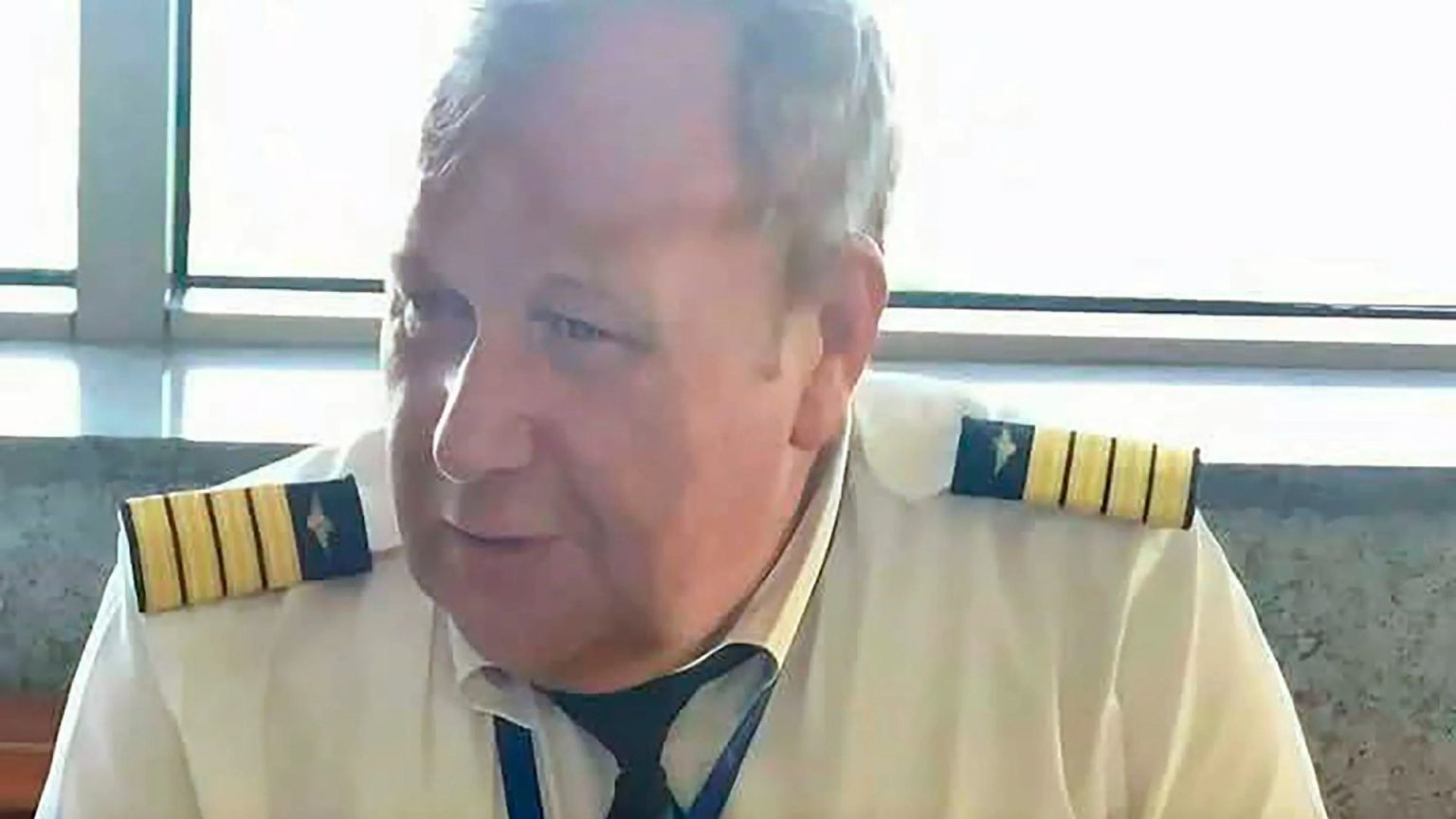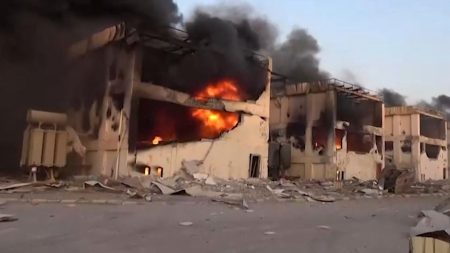On Christmas Day, a tragic plane crash occurred in Kazakhstan, claiming the lives of 38 people, including the pilots and chief flight attendant. Azerbaijan Airlines Flight J2-704, en route from Baku, Azerbaijan to Grozny, Chechnya, was reportedly struck by a Russian surface-to-air missile over Chechnya. Despite the catastrophic damage, the courageous pilots managed to navigate the crippled aircraft out of Russian airspace, across the Caspian Sea, and into Kazakhstan, covering a distance of 186 miles before ultimately crashing.
Amidst the chaos and terror, chief flight attendant Hokuma Aliyeva’s voice emerged as a beacon of hope, attempting to calm the frightened passengers over the intercom, assuring them that “everything will be fine.” Aliyeva’s family, devastated by the loss, described her as a cheerful individual who took immense pride in her profession. They recounted a previous incident where she had mentioned a near-crash experience, highlighting the inherent risks associated with her job. The airline released the names of the five crew members, including Captain Igor Kshnyakin and co-pilot Aleksandr Kalyaninov, both of whom perished in the crash.
Captain Kshnyakin, a highly experienced pilot with 15,000 flight hours under his belt, was remembered by his wife and colleagues for his remarkable composure and ability to handle demanding situations. He had recently completed a training course in Turkey, where he received accolades for his exceptional skills. Prior to the flight, the pilots were seen in good spirits, making the tragedy all the more poignant. Flowers were placed outside Kshnyakin’s apartment building by local schoolchildren, a testament to the impact of the loss on the community.
The Azerbaijani government attributed the crash to “external physical and technical interference,” while analysts and Russian military bloggers pointed to the possibility of a Russian Pantsir-S1 anti-aircraft missile strike. A passenger recounted experiencing a loud bang during the flight, describing the plane as feeling “drunk” and unresponsive. Following the suspected missile strike, the pilot desperately sought permission to divert to nearby Russian airports but was denied, forcing him to fly to Kazakhstan. Adding to the pilots’ struggle, the damaged aircraft’s guidance systems were reportedly jammed, and they were forced to manually control the plane, likely without functioning stabilizers and hydraulic systems, as indicated by transponder data showing erratic altitude changes.
The two surviving flight attendants, Zulfugar Asadov and Aydan Rahimli, are reportedly in stable condition. While Ukrainian intelligence officials claimed the plane was shot down by a Russian Pantsir-S1 missile, Russian authorities refrained from commenting on the allegations, emphasizing the need to await the investigation’s conclusions. A Russian military blogger suggested that the plane was hit by the missile while still within Russian airspace, alleging that two drones were operating in the same area at the time. The blogger further claimed that Pantsir missile systems had been recently installed near Grozny airport.
Miraculously, dozens of passengers, including children, survived the devastating crash. Emergency responders rushed to the scene, battling flames and thick smoke to rescue survivors. An investigative team, led by Azerbaijan’s deputy prosecutor general, is working to determine the exact cause of the crash. The recovered black box revealed the pilot’s final words: “I can’t execute, control is lost!” The pilots had attempted to land at three different airports but were unsuccessful. Communication with ground control was lost before the plane disappeared from radar for 37 agonizing minutes. Harrowing footage emerged showing passengers making frantic video calls and leaving messages as the plane plummeted. The oxygen masks deployed, and the cabin was filled with screams and prayers as passengers braced themselves for impact.











